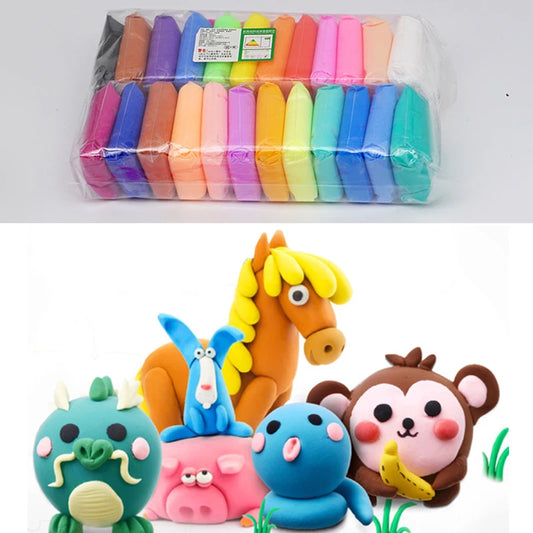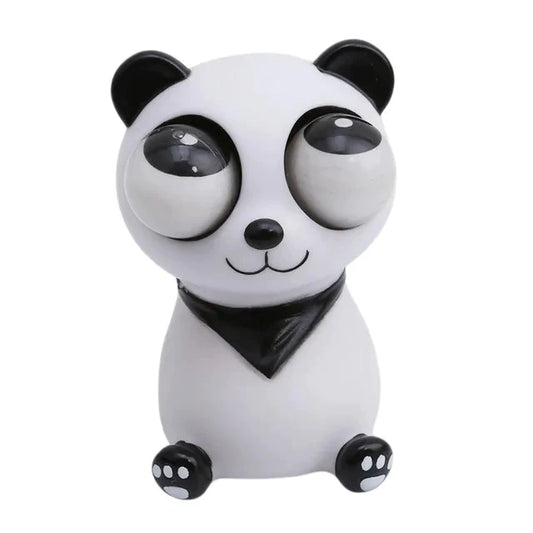Toys play a crucial role in the growth, development, and well-being of children. They serve as more than just sources of entertainment; they are powerful tools that contribute to various aspects of a child's physical, cognitive, emotional, and social development. Here's a comprehensive description of the importance of toys:
Holistic Development: Toys are essential for fostering holistic development in children. They provide opportunities for children to explore, discover, and learn about the world around them in a hands-on and interactive manner. Different types of toys cater to different aspects of development, helping children enhance their physical, intellectual, emotional, and social skills.
Cognitive Growth: Toys stimulate cognitive growth by engaging children's minds and encouraging them to think, analyze, and problem-solve. Educational toys, puzzles, and building sets promote critical thinking, creativity, spatial reasoning, and logical reasoning skills. These experiences lay the foundation for strong cognitive abilities as children grow.
Fine and Gross Motor Skills: Toys that require manipulation, coordination, and movement contribute to the development of fine and gross motor skills. From gripping small objects to riding a tricycle, these activities enhance muscle control, hand-eye coordination, and balance. Such physical development is crucial for everyday activities and future learning.
Language and Communication Skills: Interactive toys, storytelling games, and language-focused toys aid in the development of language and communication skills. They expose children to new words, help them understand sentence structures, and encourage conversation. Through play, children also learn to express themselves and communicate effectively.
Social and Emotional Learning: Toys have a significant impact on social and emotional learning. Pretend play toys, board games, and cooperative activities teach children to share, take turns, negotiate, and work as part of a team. They also provide a safe space for children to role-play and experiment with different emotions, promoting empathy and self-awareness.
Imagination and Creativity: Toys that allow open-ended play fuel imagination and creativity. Children use toys as tools to create their own worlds, stories, and scenarios. Dress-up clothes, dolls, action figures, and building sets all contribute to imaginative play, fostering innovation and flexible thinking.
Stress Relief and Comfort: Toys can serve as sources of comfort and stress relief. A favorite stuffed animal or a calming sensory toy can help children manage emotions, providing a sense of security and a healthy outlet for self-soothing.
Cultural and Social Understanding: Toys that represent different cultures, backgrounds, and perspectives promote diversity and inclusivity. They help children develop an understanding and appreciation for various ways of life, fostering tolerance and broadening their worldview.
Parent-Child Bonding: Playing with toys together creates bonding moments between parents or caregivers and children. These interactions strengthen relationships, offer opportunities for teaching, and create lasting memories.
Learning Through Play: Play is the primary mode through which children learn about the world. Toys facilitate experiential learning, allowing children to explore concepts through direct engagement. This hands-on learning approach is especially effective in early childhood when children's brains are highly receptive to new information.
In essence, toys are vehicles for growth, discovery, and learning during a child's formative years. When chosen thoughtfully, they can contribute to a child's overall development and provide a solid foundation for future learning and success.











